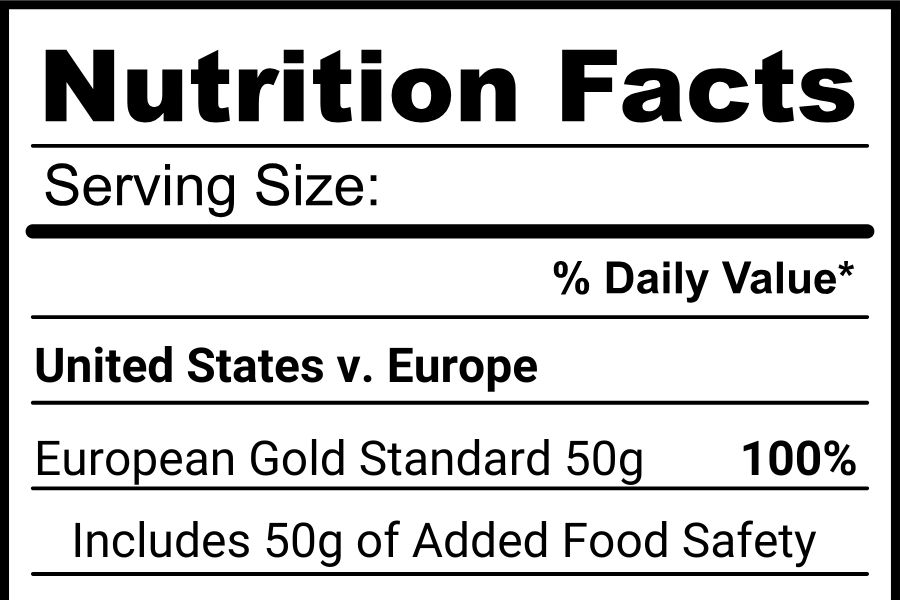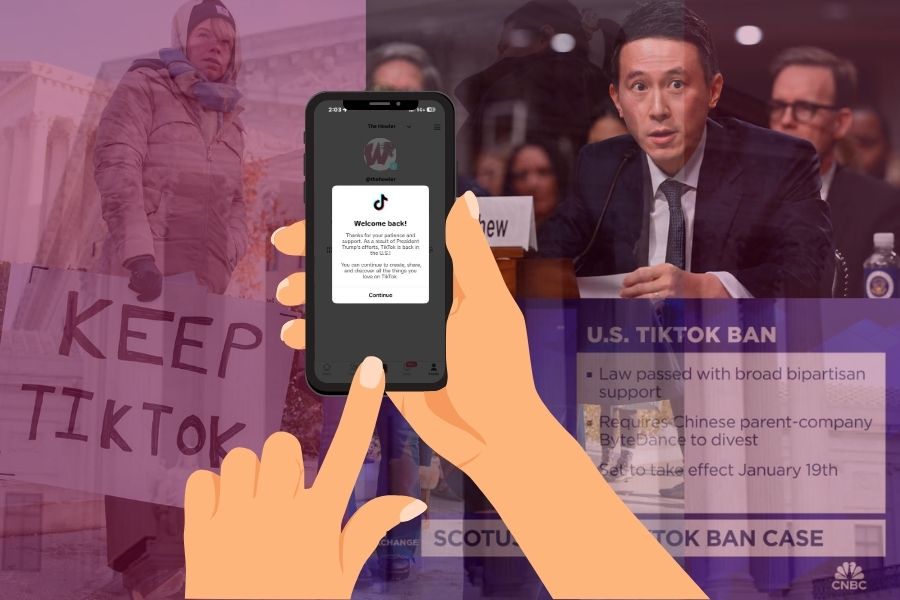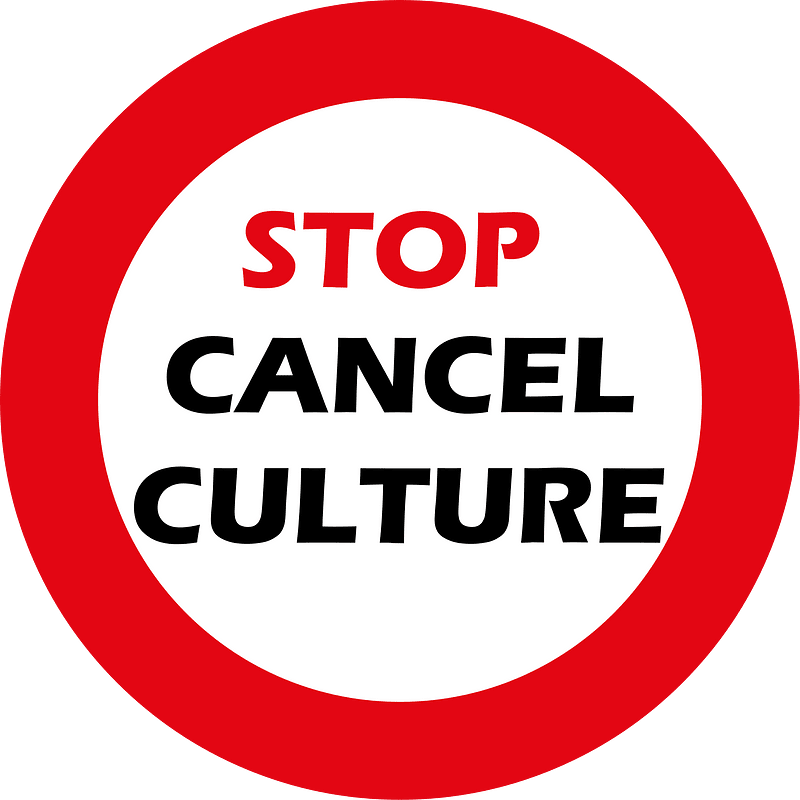America and Europe share many of the same beloved food brands. Walking into a grocery store in Paris, you’ll find Cheerios, Doritos and Coca-Cola. While the packaging may look familiar, what’s inside often does not. From cleaner ingredients to stricter food regulations, Europe sets a gold standard that America is not even close to reaching.
American consumers may not realize just how different the ingredients in their food are from what’s sold across the Atlantic. It is not until Americans travel to European countries and back that they realize how different our food is after getting sick from American food consumption. In Europe, strict regulations are imposed on the ingredients of each food brand; Artificial ingredients, food dyes and preservatives are limited to what manufacturers can produce. Think of Fanta, the popular orange soda we all know and love. Its classic orange color is a staple in the childhoods of both young and older generations. In America, this orange soda contains high fructose corn syrup and artificial dyes like Yellow 6 and Red 40. However, Fanta’s ingredient list in the United Kingdom is significantly cleaner, with real sugar and natural colors derived from pumpkin and carrot.
The same story goes for brands like Cheerios. American food brands completely undergo a makeover overseas. Cheerios contain several different ingredients in the US and Europe. In the US, Cheerios often include genetically modified organisms (GMOs) and a long list of artificial additives. On the contrary, European Cheerios are free of GMOs and artificial preservatives. European Union regulations require clearer labeling and caution around genetically modified ingredients, reflecting a clear difference that Europe prioritizes consumer health over corporate profit as America does.
The prevalence of artificial colors and preservatives in the American food supply is relatively concerning. Many additives that are commonly used in the US such as brominated vegetable oil, potassium bromate and food dyes are strictly banned in European countries. Studies have found that these additives are linked to numerous health issues, including hyperactivity in children, cancer-causing effects and endocrine disruption. The large amounts of these additives being used only make the destruction of our bodies all the worse.
The biggest injustice of it all is that America does not appear to be regulating any sort of strict food laws anytime soon. Food laws just aren’t as big of a priority to the US as it is to other countries. The Food and Drug Administration (FDA) takes a more reactive approach rather than a progressive one. The standard in Europe for additives is to be tested and proven unharmful before becoming mass-produced. Additives and artificial ingredients are significantly cheaper and easier to source than more natural alternatives.
The food renaissance needs to start sooner rather than later before we rot away due to these harmful ingredients. To start this resurgence, educate yourself and other consumers about what really is in their food. Take your time to analyze the back of your food items and consider what will treat your body the best. Look out for ingredients such as sucralose, food dyes, seed oils, preservatives (BHT, BHA, sodium benzoate) and unnecessary fillers and thickeners (gelatin or acacia gum.)
Empowering other consumers to demand a change could drive shifts in American food culture. From supporting local brands that prioritize natural ingredients to boycotting products loaded with synthetic additives, consumer choice is a powerful force. The more Americans demand cleaner, more wholesome ingredients, the more the food industry will have to take notice.
While efforts for brands to include cleaner ingredients may be challenging and hard to pass, there are several brands that include clean and healthy ingredients. Brands such as Siete, Simple Mills, Made Good and Purely Elizabeth strive to give consumers a healthier alternative to their favorite brands. Healthier food shouldn’t be a luxury reserved for those living in certain parts of the world. It’s time America recognizes that what goes into our food goes into our bodies, affecting our health, our communities and our future.









